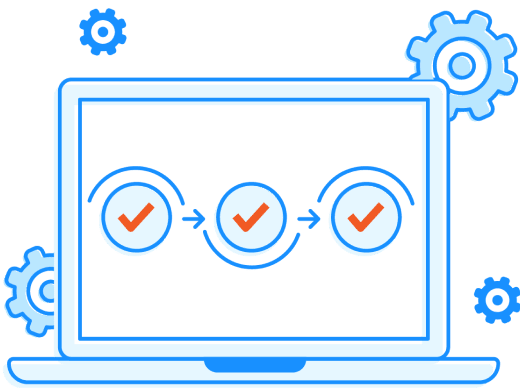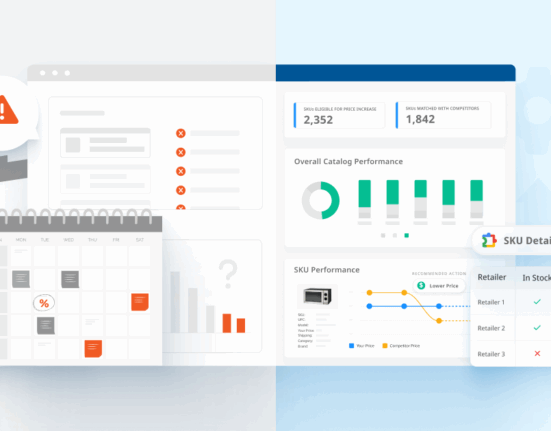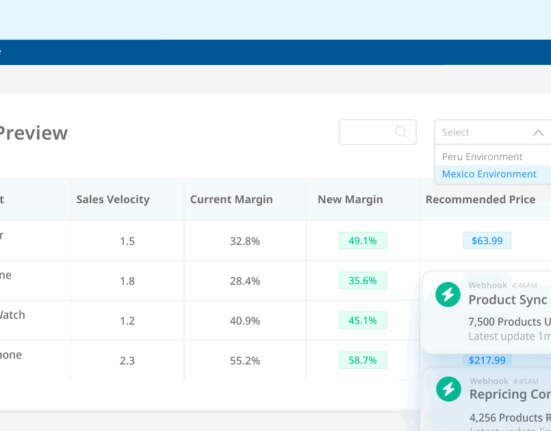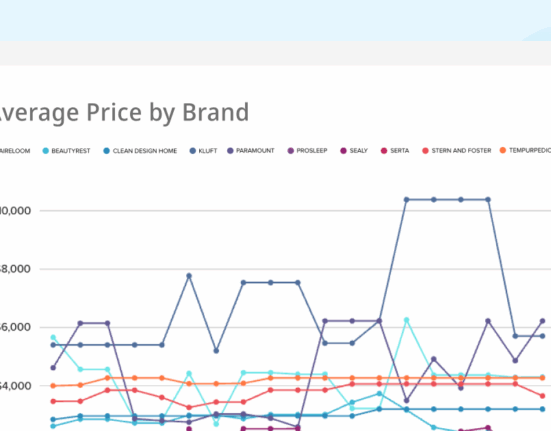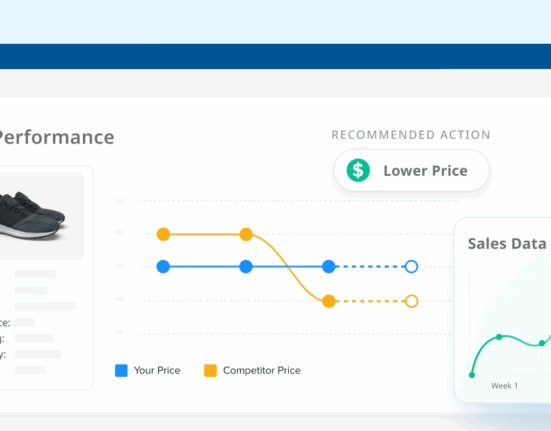Over the last few decades the number of products landing on the shelves of major retailers skyrocketed. Every category of product suddenly had multiple, similar competing products.
This gave consumers more choices, but it also dramatically increased the complexity of category management for retailers, who had to figure out how to best manage these growing categories. The problem is that the retailers didn’t always have the expertise in every category to know how to do so.
That’s where the category captain comes into play.
What is a Category Captain?
Before we get into what a category captain does, it’s worth understanding how category management has evolved as categories have gotten more complex.
Category management is the process of batching similar products into defined categories, or business units. Generally, a category is a group of substitutable products that share most of their characteristics. For example, Dove and L’Oreal shampoos fit into the hair care category. Coca-Cola and Pepsi are in the soft drink category. The products more or less fulfill the same purpose, so they can be grouped together in a logical way.
With these groupings, retailers can address procurement, merchandising, promotions, and other retail efforts on the category as a whole, rather than for individual products. That said, given how many products, brands, and competing categories there are to consider, most retailers can’t possibly know everything there is to know without some help. They have to turn to their key suppliers in each category.
Most often, the category captain is a leading brand or manufacturer in a category. The category captain is responsible for partnering with retailers to serve as a category expert on behalf of all other brands in the category.
The captain engages with the retailer to optimize the selection of products in the category, promote the category as a whole, and help make smart merchandising decisions like how much to stock, when to reorder, etc. It’s all about the supplier sharing information and improving efficiencies for the retailer.
The category captain is responsible for partnering with retailers to serve as a category expert on behalf of all other brands in the category.
How to Become and Stay a Category Captain
Being the category captain comes with some great advantages, but also some key responsibilities. The two most notable benefits to being a category captain are having a large influence over the category strategy and getting the chance to solidify relationships with retailers.
Here’s how to become and stay a category captain.
Act Like the Captain Even if You’re Not
Category captains tend to have major influence over category positioning and other things that will directly influence everyone else’s ability to sell. Smaller suppliers usually have a smaller role, but that doesn’t have to be the case.
Retailers may rely on the category captain more than on their secondary suppliers, but they will certainly be open to good data and recommendations if they come from other brands. This is a practical move that will help the retailer get a more unbiased picture of the category and drive better results.
Help the Category as a Whole, Not Just Your Brand
Being the category captain means thinking about the health of the entire category, not just your products. If you own 30 percent of the market share in a category and the category’s sales grow by 10 percent at a given retailer, that will bring growth to your business even if it also helps your intra-category competition.
Whether you’re already the captain or not, work under the assumption that it’s your job to help the retailer succeed in your category as much as possible. Make decisions and give insights that will help them grow, maintain your objectivity, and you’ll reap the rewards.
Use Data to Help Retailers Make Smart Pricing Decisions
Pricing can make or break a category, especially if it’s not an essential product or if it has close substitutes. Retailers need to understand the wider landscape around pricing, and you can provide that information by using price intelligence.
Price intelligence gives you a barometer of market conditions that can give you and your retail partners insight into consumers’ price sensitivity, promotions, seasonality, and more. By monitoring prices at scale, you’ll know what customers are willing to pay, when prices are changing across the market, and more.

Understand The Shopper Deeply and Provide Regular Reporting
A category captain, by definition, should be an expert on the category. That means being able to provide the retailer with insights about shopper behavior and preferences, which retailers are winning in a category, which channels are driving sales, and which brands are making the category stronger.
Helping the retailer understand the fundamentals of the market in terms of pricing, promotion, assortment planning, positioning, distribution, shelf strategy, and more will make any category captain invaluable. In the end, captain or not, a good supplier should help the retailer make strategic and tactical decisions that will maximize performance in the category.
Regular retail auditing will help your retailer partners get visibility into the conditions surrounding the performance of in-store promotions, merchandising, and sales. Store execution is vital for your individual success, the success of your category, and the retailer. Keep track of inventory levels, on-shelf availability, planogram compliance, and other issues and provide that data to the retailer regularly.
Be Creative in Helping the Retailer
A category captain is often responsible for planogram development. This means that the visual look of the category’s section in the store and the overall layout of the category can be influenced by the captain.
Work with your retail partners to continually test and develop new, better ways to display your category. Providing strong guidance on visual merchandising will boost the retailer’s sales, and by extension, yours.
Send Field Marketing Teams Out
Field marketing is the practice of sending specialized marketers to retail locations to perform product demonstrations, promote products, provide samples, gather intelligence on how products are displayed, make sales, and collect feedback directly from consumers.
Your brand’s field marketers will have a much higher level of expertise on your products and category than the typical retailer. As field marketers talk to a retailer’s customers, they will learn a lot of valuable information about what consumers want. This information is crucial for the retailer as it works to remain competitive and continually improve its customer experience.
Becoming a category captain can be a major competitive advantage. The influence you have to shape the retail environment in which your products are sold can lead to increased sales and strong growth.
That said, you don’t have to be a category captain to make your voice heard and have an impact on how retailers handle your category. Providing good data and insights can embed you in your retail partners’ operations and give you a level of influence as well.

